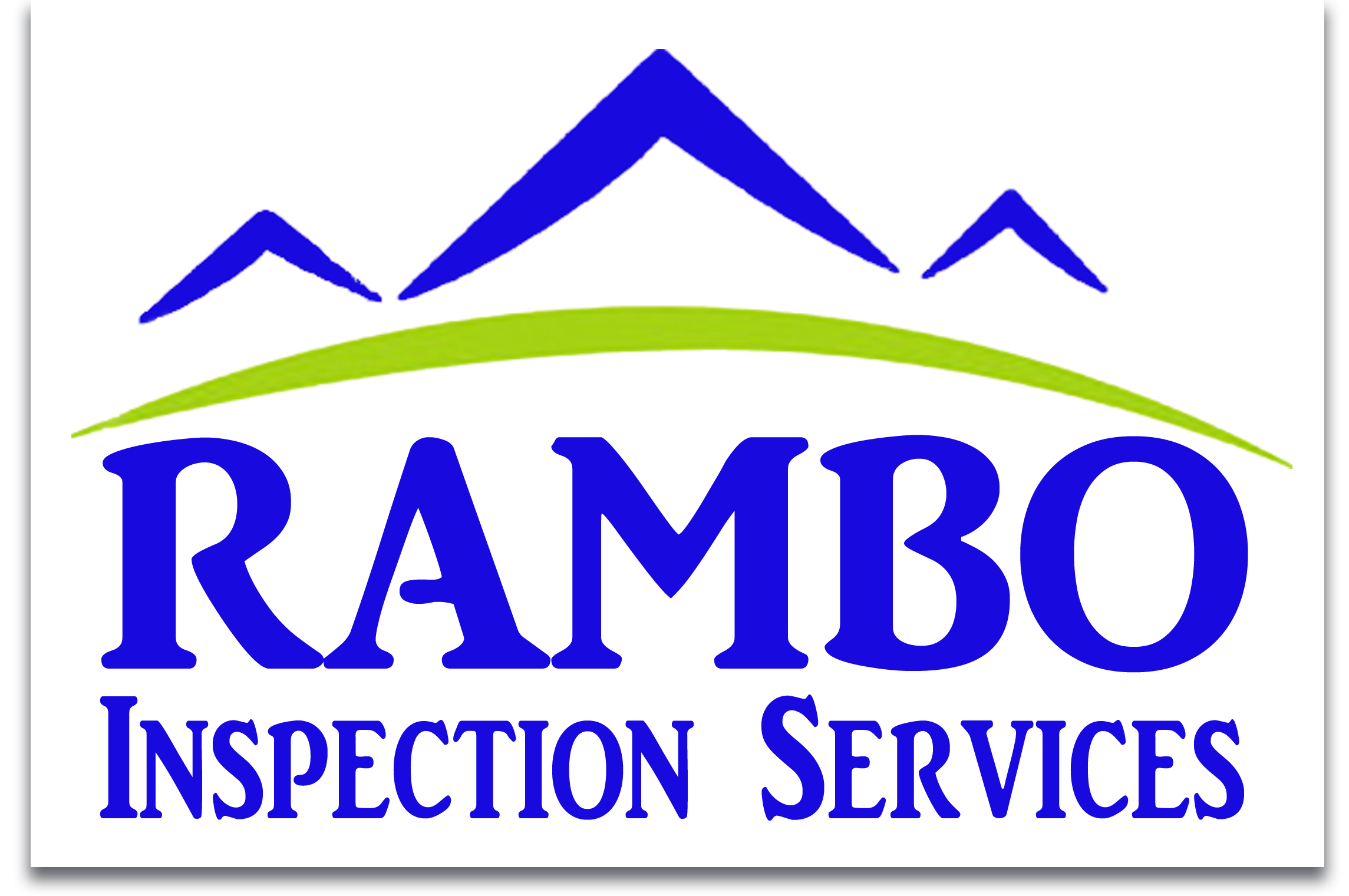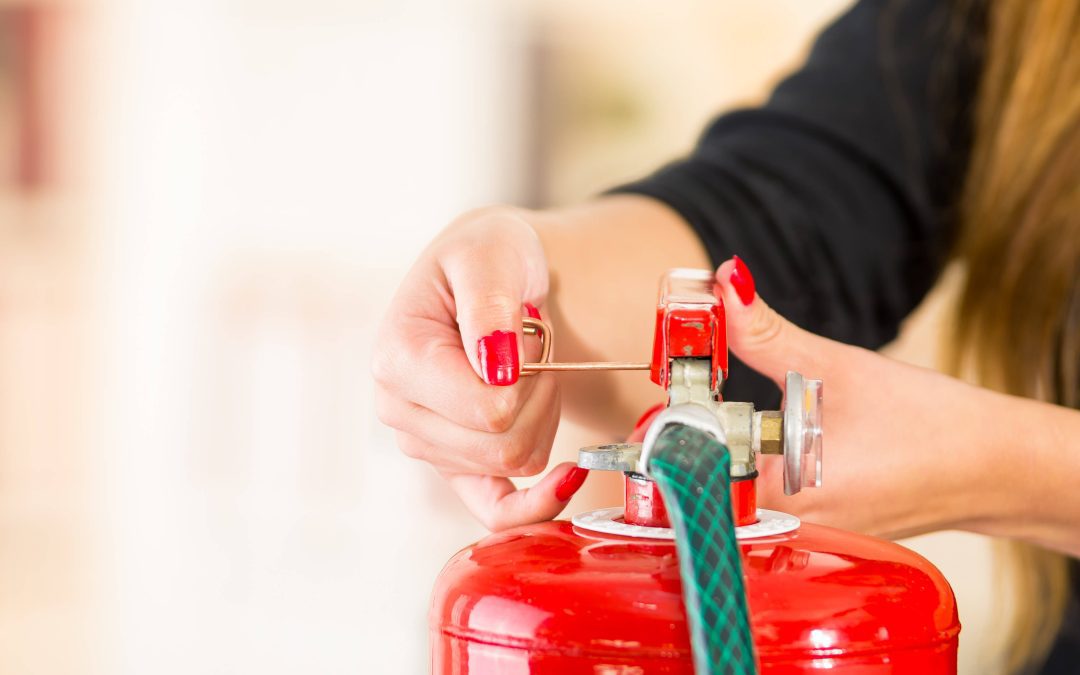Ensuring your home’s safety is crucial for your family’s well-being and protecting your property. Home safety involves proactively preventing accidents, injuries, and potential disasters. This guide will walk you through home safety essentials, from fire prevention to securing your home against intruders.
Fire Home Safety Essentials
One of the most critical aspects of home safety is fire prevention. Install smoke detectors on every level of your home, especially near bedrooms and the kitchen. Test them monthly and replace the batteries at least once a year. Additionally, consider installing carbon monoxide detectors to alert you to the presence of this dangerous gas.
Keep a fire extinguisher in key areas like the kitchen, garage, and near fireplaces. Learn how to use it and ensure all family members are familiar with its operation. Create a fire escape plan and practice it regularly with your family to ensure everyone knows how to exit the home quickly and safely in case of an emergency.
Electrical Safety
Electrical hazards are a common cause of home fires and accidents. Regularly inspect cords and plugs for damage and replace any frayed or worn items immediately. Avoid overloading outlets and use surge protectors to safeguard your electronic devices.
When installing new electrical appliances or making repairs, always hire a qualified electrician to ensure the work is done safely and up to code. Keep electrical appliances away from water sources to prevent shocks and short circuits.
Childproofing Home Safety Essentials
Childproofing your home is essential to prevent accidents if you have young children. Install safety gates at the top and bottom of stairs and use window guards to prevent falls. Secure heavy furniture and appliances to the wall to prevent tipping.
Store hazardous substances like cleaning products, medications, and sharp objects out of reach of children. Use cabinet locks and safety latches to keep curious hands away from dangerous items.
Home Security
Protecting your home from intruders is a critical component of home safety. Invest in a robust security system that includes alarms, surveillance cameras, and motion detectors. Display signs indicating the presence of a security system to deter potential burglars.
Ensure all doors and windows have sturdy locks. Consider installing deadbolts and security bars for added protection. When you move into a new home, change the locks to eliminate the possibility of previous owners or tenants having access.
Emergency Preparedness
Being prepared for emergencies can significantly affect the outcome of a crisis. Create an emergency kit with essential items like water, non-perishable food, flashlights, batteries, a first-aid kit, and important documents. Store this kit in an easily accessible location and ensure all family members know where to find it.
Develop an emergency communication plan so that everyone in the family knows how to contact each other in case of separation. Familiarize yourself with local emergency services and know the evacuation routes in your area.
Outdoor Safety
The exterior of your home also requires attention to safety. To prevent slips and falls, keep walkways, driveways, and stairs clear of debris and in good repair. Ensure that outdoor lighting illuminates dark areas to deter potential intruders.
If you have a pool, install a fence with a self-closing, self-latching gate to prevent unsupervised access by children. Regularly inspect and maintain outdoor equipment like ladders, grills, and play structures to ensure they are in safe working condition.
Health and Hygiene Home Safety Essentials
Maintaining a clean and hygienic home environment contributes to overall safety. Regularly clean and disinfect surfaces, especially in high-touch areas like kitchens and bathrooms, to reduce the risk of illness. Ensure your home is well-ventilated to prevent mold growth and improve air quality.
Store food properly to prevent contamination and pests. Dispose of garbage regularly and keep the area around your home free of standing water to reduce the risk of mosquito-borne diseases.
Home safety is a multifaceted responsibility that requires ongoing attention and action. By implementing these essential safety measures, you can create a secure environment that protects your family and property from various hazards. Regularly review and update your safety practices to adapt to new challenges and ensure that your home remains a haven for everyone who lives there.
Home Safety FAQs
What are some common signs of electrical problems in a home?
Common signs include frequent circuit breaker trips, flickering lights, buzzing sounds from outlets, and a burning smell near electrical appliances. A qualified electrician should address these issues immediately.
What steps can I take to improve outdoor safety around my home?
Ensure outdoor walkways are clear of debris, repair any damage to steps and driveways, install adequate lighting, secure pool areas with fencing, and maintain outdoor equipment to prevent accidents.
What should I do if my carbon monoxide detector goes off?
If your carbon monoxide detector goes off, immediately evacuate your home and call emergency services. Do not re-enter the house until it has been deemed safe by professionals.
What are the first steps to take after a home fire?
After a home fire, ensure everyone is safe and seek medical attention if needed. Contact emergency services, notify your insurance company, and avoid re-entering the home until it has been inspected and declared safe.
Rambo Inspection Services provides professional inspection services to homebuyers and sellers in the Chicagoland area. Contact us to request an appointment.

